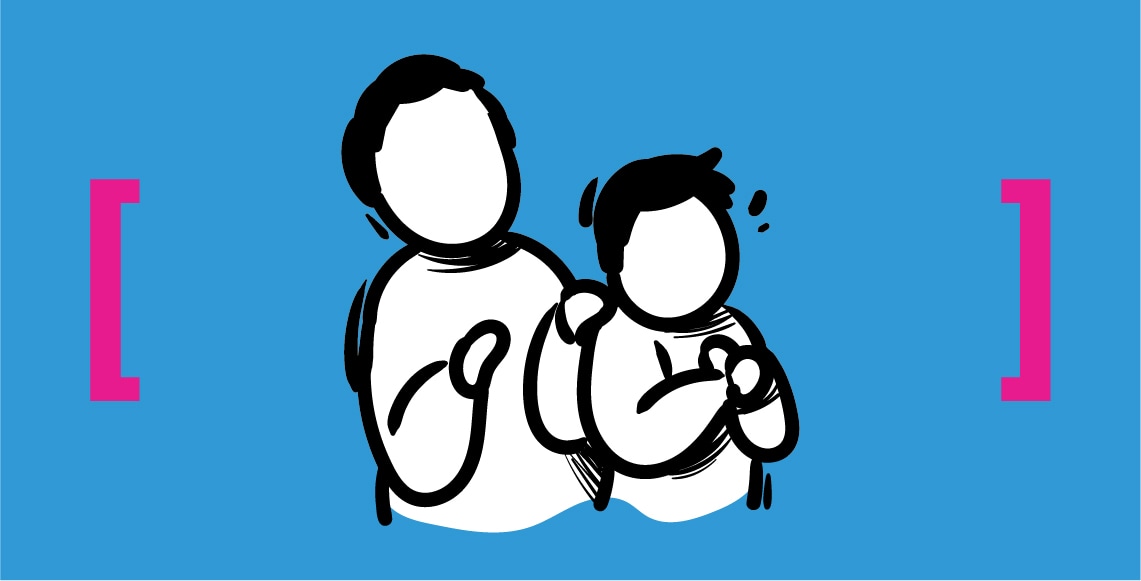Someone I know is being cyberbullied
More than four in ten young Canadians say they have seen cyberbullying happen to someone else. If it happens to someone you know, you can show your support and help them get through it by taking action.
What you can do to help a friend who is targeted
Watch for signs they are being cyberbullied
- Your friend begins to avoid or spends much more time using their computer, phone or other devices.
- They often seem upset, withdrawn or angry, especially after receiving comments, emails, instant messages or texts.
- They become more secretive about their online activities.
- They receive a lot of new texts, contacts, email addresses or phone numbers.
- They suddenly delete their social networking profiles and accounts.
- They avoid school, activities and social events they used to enjoy.
- They fall behind in their schoolwork or their grades get worse.
- They don’t feel like eating and have trouble sleeping.
Show your friend that you are there for them
- Remind your friend that this is not their fault and they don't deserve to be treated this way. This may help them talk about it.
- Ask your friend what they need and help them find a solution. Ask them not to seek revenge, because that can just make things worse.
- Help your friend talk with a trusted adult at home or at school about it, but don't speak for them unless they ask you to.
- Check back with your friend from time to time and see how they are doing.
Say something
- Speak up. Remaining silent could be misinterpreted as approval by both your friend and the cyberbully. Once you speak up, other people are more likely to speak up too.
- Comment disapprovingly on posts, images or videos that hurt people if it’s safe to do so. Refuse to forward or share them. Without being confrontational, explain that this behaviour is not okay with you.
- Ask the person to stop if it’s safe to do so. If you know the individual, ask them why this is going on. Tell them you disapprove and ask them to stop.
- Speak to a trusted adult.
Seek help and report abuse
- You don’t have to deal with this alone. You or your friend can contact Kids Help Phone to text, chat or speak with a counsellor at any time. It's always anonymous and confidential.
- If your friend hasn’t already and you think you should, report the cyberbullying to an adult you trust.
- If you think physical threats have been made or a crime has been committed, contact the police.
- If the cyberbullying is happening on a social media site, report it as abusive. Administrators will likely place restrictions on, or even ban anyone who violates their anti-abuse policies and standards.
Need help or know someone who does?
Talk to someone at Kids Help Phone—a free, 24/7 confidential counselling, information and referrals, and support service for young people.
KidsHelpPhone.ca
Text: 686868
Call: 1-800-668-6868
For more places to get help, visit our list of support resources for youth.

